Conservation of Natural Resources for Food and Environmental Security
High demographic pressure on land due to burgeoning human and livestock population in the country have led to large scale degradation of available natural resources, both in quantitative as well as qualitative terms. Degradation of natural resources is yet continuing and being aggravated due to continuous over-exploitation of soil, water and vegetation resources which is leading to frequent nutrient deficiencies, decline in soil health, in situ chemical degradation of soil, depleting water table and ground cover, loss of bio-diversity, water erosion (93.6 million ha), formation of ravines (2.51 million ha) and pollution of water bodies. As such, degradation in state of natural resources is leading to serious, threats to the environmental quality and food security. Large land degradation in India (146.02 million ha) can be attributed due to a cafeteria of factors mainly the intensive agriculture; improper crop rotations; shifting cultivation; unscientific, arbitrary and non sustainable land management practices; excessive irrigation and salinity in unlined canal command areas; imbalances in fertilizer use and over exploitation of soil nutrients; excessive pumping of underground water; over grazing and grazing of forests; deforestation beyond permissible limits; forest fires; open cast mining; extension of agriculture on marginal, sloping and steep lands and socio-economic factors mainly the poverty. This is a crucial and high time for reverting the process of degradation of natural resources through suitable region specific technological options; realistic planning, executions and monitoring and investments for catering interests related to the environment and food security concerns in the country. This book entitled "Conservation of Natural Resources for Food and Environmental Security" contains 43 chapters under seven major themes. This book deals with the status of natural resources; management and efficient utilization of water resources; conservation technologies for food and environmental security; livelihood security and watershed management; rehabilitation of problem soils; governance and policy issues for community empowerment and regional experiences and future thrust areas. We hope that this book will be highly valuable to the scientists, teachers, scholars, policy makers, managers and extension agencies working in the field of natural resource management in the country in the years to come.
Get it now and save 10%
BECOME A MEMBER
-

Plant Microbiology
-

Fish Biotechnology
-
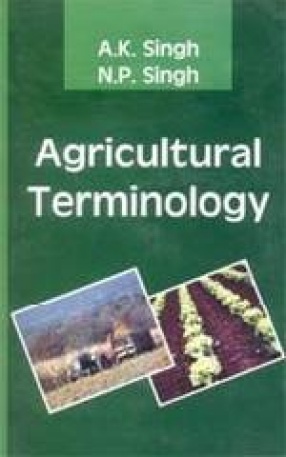
Agricultural Terminology
-
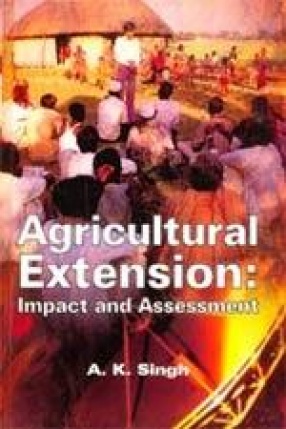
Agricultural Extension: Impact and Assessment
-

Teaching of Life Science
-

OBC Women: Status and Educational Empowerment
-

Encyclopaedia of Human Rights and Duties (In 10 Volumes)
-

E-Governance
-

Human Rights
-

Globalization and Teacher Education
-

Inclusive School: An Indicator of Success
-
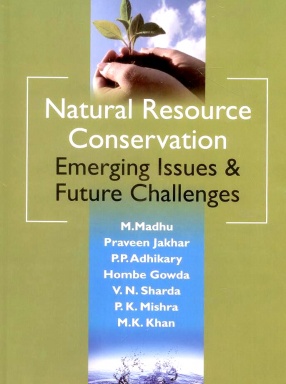
Natural Resource Conservation: Emerging Issues & Future Challenges
-
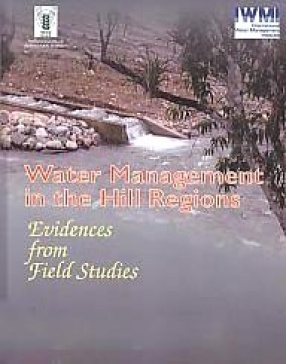
Water Management in the Hill Regions: Evidences from Field Studies
-
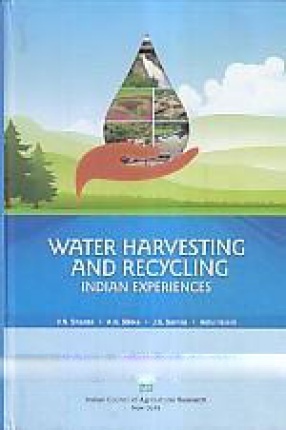
Water Harvesting and Recycling: Indian Experiences

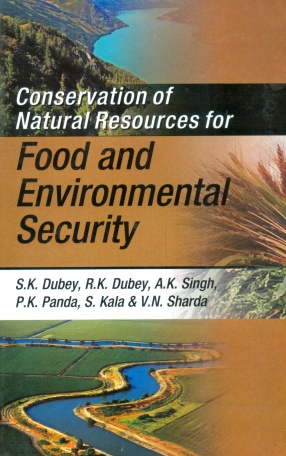





Bibliographic information
A.K. Singh
R.K. Dubey
P.K. Panda
S. Kala
V.N. Sharda